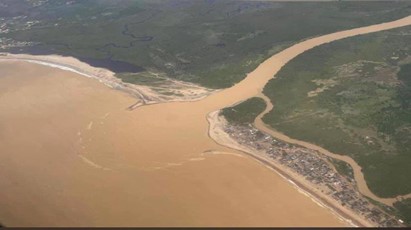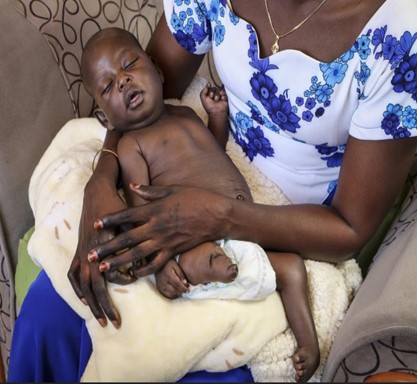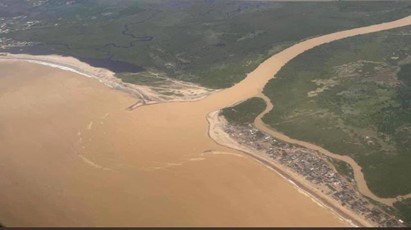Mineral wealth has proven to be both a blessing and a curse to Ghana. Formerly known as the Gold Coast, Ghana has benefited greatly from gold mining as well as other minerals such as diamond and bauxite. Mining is a major economic activity in Ghana and a key contributor to the Ghanaian economy.
In 2018, Ghana overtook South Africa as the largest gold producer in Africa. According to Statista, in the second quarter of 2023, the mining and quarrying sector in Ghana contributed around 482.2 million U.S. dollars to the country’s GDP which is significant to the economy of Ghana.
Also, a report from Ghana Investment Promotion Centre (GIPC) on the mining sector in November 2022 indicates that, the mining industry has consistently contributed over 7 percent of Ghana’s GDP between 2018 and 2020. This is to say, the mining industry has made significant impact in the economy of Ghana.
Due to the lucrative nature of gold mining, some Ghanaians have engaged in the act of illegal mining (Galamsey). Galamsey, as the locals call it is derived from the phrase “gather them and sell”. Illegal miners (galamseyers) disregard rules and processes in the Minerals and Mining Act which ensure operational, health and safety standards for miners and the environment. Currently, galamsey is on the rise and has resulted in several negative effects such as:

The Current State of River Ankobra

Congenital Disorder (Birth defect)
Deforestation and Soil erosion: During mining operations, the topsoil, trees, and vegetation are removed to make the digging of pits and trenches easier. These activities coupled with the use of poisonous chemicals such as arsenic and cyanide and explosives serve to render the land infertile and unproductive for agricultural purposes.
Portions of the land are further converted into pits where waste and other toxic materials are dumped. An example of this can be found in Kenyasi and Tarkwa where pits have been excavated rendering the land unusable for any other purpose. This has resulted in the availability of very little farmland for farming activities.
Aside the loss of arable farmland, the loss of vegetative cover means the consequent loss of ecological benefits such as water regulation and carbon sequestration. The clearing of the forests and digging of pits open room for soil degradation and a loss of habitat for wildlife.
The Atewa Forest Reserve in Ghana is one of the critical forest reserves affected by illegal mining activities. The forest reserve is known for its high biodiversity, and it provides water for several communities in Ghana. The forest is also home to some rare and endangered species of plants and animals. However, illegal mining activities in the forest have led to the destruction of large tracts of forest cover, causing significant damage to the ecosystem.

The Current State of the Atewa Forest Reserve
Government should put measures in place to deal with the beneficiaries of illegal mining. In addition, steps must be taken to ensure land reclamation, manage the effects of mining in general, protect the environment, and promote sustainable development as Ghana could experience water crises and several health problems in the future.
Written by: Gideon Tetteh